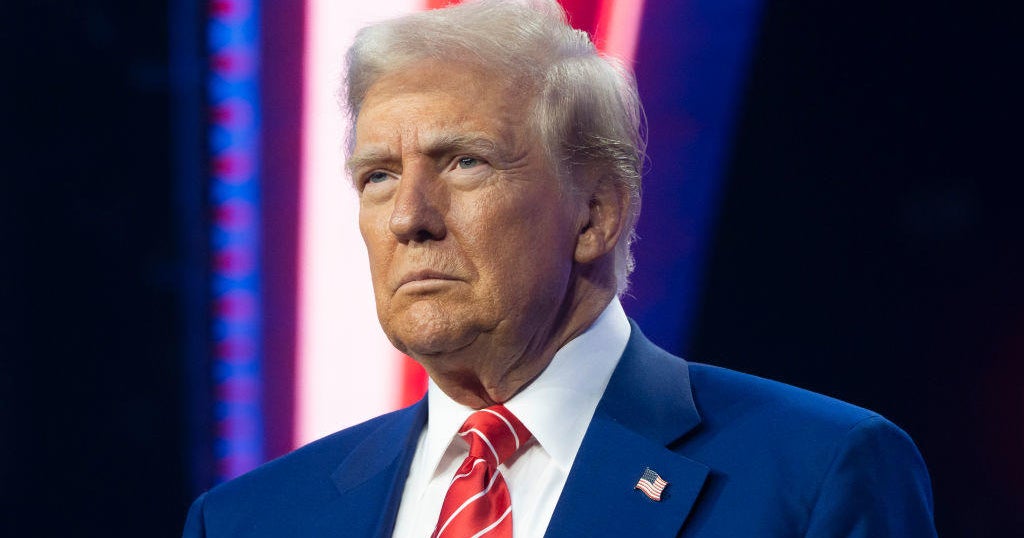Condoleezza Rice says global "crisis" is brewing because of nativism and populism
Former Secretary of State Condoleezza Rice warned of a brewing "systemic crisis" fueled by the rise of populist and anti-establishment politics around world, saying the U.S. needs to rely on "old principles" to guide its foreign policy during this time of global tumult.
Rice, who also served as national security adviser under George W. Bush, said longstanding values and institutions in the U.S. and across the globe are being challenged by forces of populism, nativism, protectionism and isolationism — which she referred to as the "four horsemen of the apocalypse."
"Nationalism is not a bad thing. It's not bad to be proud, patriotic toward your country. Nativism, though, pits you against them," she during an interview that aired on "Face the Nation" Sunday. "When you see isolationism, when you see protectionism growing, the whole idea that the international economy is better if people trade, countries trade freely, when you see that under attack, I do think we're drifting toward a systemic crisis."
In her high-ranking posts during Mr. Bush's tenure, Rice played a key role in shaping, overseeing and defending many aspects of America's so-called war on terror in the wake of the 9/11 attacks. This included the ongoing conflict in Afghanistan, the invasion of Iraq by a U.S.-led coalition in 2003 and controversial interrogation tactics.
Asked whether the "four horsemen" of threats to the post-World War II global order were also reflected in the foreign policy of President Trump, a fellow Republican, Rice stopped short of explicitly criticizing the president and his more isolationist agenda, pointing instead to other populist leaders and movements around the world.
"It's not just what defines some of the president's policies. America first, for instance," she said. "It defines a lot of what you're hearing across the world. It defines what you're hearing in Great Britain with Brexit. It defines what you hear from the Five Star Movement in Italy. It defines what you hear in Brazil with (Jair) Bolsonaro."
To confront this mounting tide of populism, Rice said people need to do more than point out that those values are wrong and offer solutions. "Elites can't sit back and say, 'Oh you're just wrong,'" she said. "There has to be some self evaluation of how late stage capitalism is dealing with some of the new challenges."
Rice strongly believes the U.S. is still the best equipped to guide and lead the world through this uncertain chapter. But she said leaders and lawmakers in Washington need to forge a new "consensus" to define America's foreign policy for the years to come.
"I hope that there will be some echoes of the old principles that America is going to be involved, that without the United States the world is a more chaotic place," she added. "I hope that those principles will involve patience."




